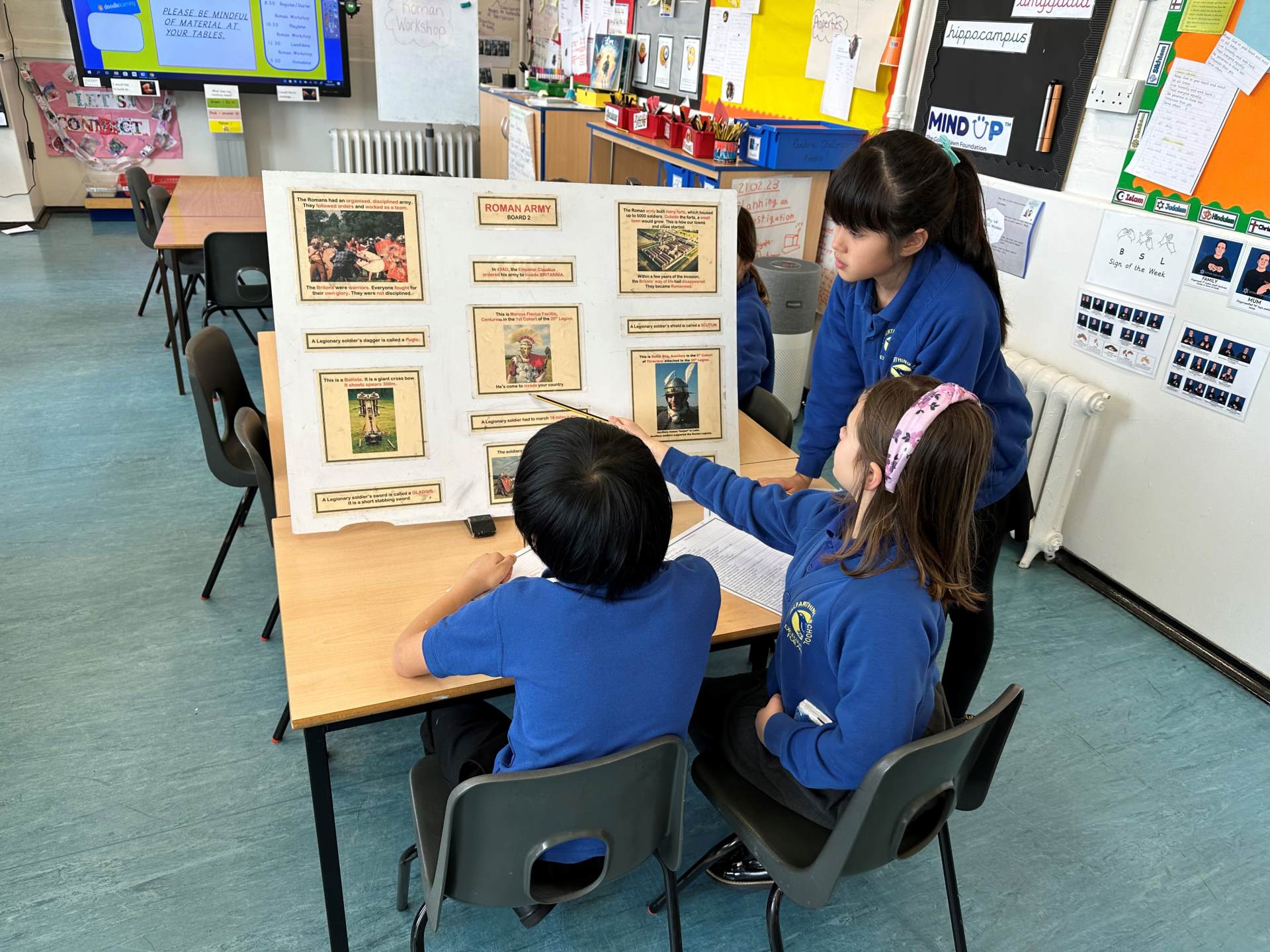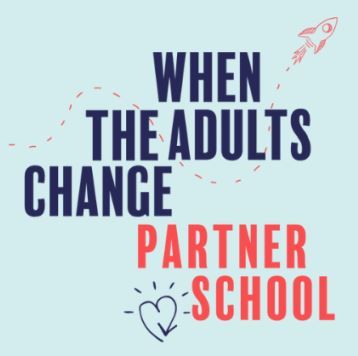
History
Intent
The history curriculum at our school aims to ‘bridge the gap’ and to provide a curriculum that is accessible, consistent and has high expectations for all. Our History curriculum aims to inspire pupils to be curious and creative thinkers who develop a complex knowledge of local and national history and the history of the wider world. We want pupils to develop the confidence to think critically, ask questions, and be able to explain and analyse historical evidence. Through our curriculum, we aim to build an awareness of significant events and individuals in global, British and local history and recognise how things have changed over time. History will support children to appreciate the complexity of people’s lives, the diversity of societies and the relationships between different groups. Studying History allows children to appreciate the many reasons why people may behave in the way they do, supporting children to develop empathy for others while providing an opportunity to learn from mankind’s past mistakes. Our curriculum aims to support pupils in building their understanding of chronology in each year group, making connections over periods of time and developing a chronologically secure knowledge of History. We hope to develop pupils’ understanding of how historians study the past and construct accounts and the skills to carry out their own historical enquiries. In order to prepare pupils for their future learning in History, our curriculum aims to introduce them to key substantive concepts including power, invasion, settlement and migration, empire, civilisation, religion, trade, achievements of humankind, society and culture. Our curriculum enables pupils to meet the end of Key stage attainment targets in the National curriculum.
Implementation
In order to meet the aims of the National curriculum for History and in response to the Ofsted Research review into History, we have identified the following key strands:

Our curriculum emphasises the importance of historical knowledge being shaped by disciplinary approaches, as shown in the diagram above. These strands are interwoven through all our History units to create engaging and enriching learning experiences, which allow the children to investigate history as historians do. Each unit has a focus on chronology to allow children to explore the place in time of the period they are studying and make comparisons in other parts of the world. Children will develop their awareness of the past in Key stage 1 and will know where people and events fit chronologically. This will support children in building a ‘mental timeline’ they can refer to throughout their learning in Key stage 2 and identifying connections, contrasts and trends over time.
Units are organised around an enquiry-based question, which means that children gain a solid understanding of both substantive and disciplinary concepts which informs a summative writing assessment piece at the end of the unit. Throughout their History learning, children develop their understanding of the following key disciplinary concepts including change and continuity and cause and consequence.
These concepts are encountered in different contexts during the study of local, British and world history. Accordingly, children will have varied opportunities to learn how historians use these skills to analyse the past and make judgements and will confidently develop and use their own historical skill set. As children progress throughout their time in school, they will create their own historical enquiries to study using sources and the skills they have developed. Substantive concepts such as power, trade, invasion and settlement, are introduced in Key stage 1, clearly identified in Lower key stage 2 and revisited in Upper key stage 2 allowing knowledge of these key concepts to grow. These concepts are returned to in different contexts, meaning that pupils begin to develop an understanding of these abstract themes, which are crucial to their future learning in History.
Our curriculum follows the spiral curriculum model where previous skills and knowledge are returned to and built upon. For example, children progress by developing their knowledge and understanding of substantive and disciplinary concepts by experiencing them in a range of historical contexts and periods. Lessons are designed to be varied, engaging and hands-on, using Allfarthing’s established oracy strategies to encourage partner talk as well as allowing children to experience the different aspects of an historical enquiry. In each lesson, children will participate in activities involving disciplinary and substantive concepts, developing their knowledge and understanding of Britain’s role in the past and that of the wider world. Children will develop their knowledge of concepts and chronology as well as their in-depth knowledge of the context being studied.
Teacher employ their skills of adaptive teaching to differentiate for pupils to ensure that lessons can be accessed by all pupils and opportunities to support or stretch pupils’ learning are available when required. Knowledge organisers for each unit support pupils in building a foundation of factual knowledge by encouraging recall of key facts, concepts and vocabulary. Strong subject knowledge is vital for staff to be able to deliver a highly effective and robust history curriculum therefore key subject knowledge needed to deliver the curriculum is clear, making links with prior learning and identifying possible misconceptions. To ensure a consistent implementation of our History curriculum, a reference sheet is provided to teachers to ensure a high level of teaching and assessment.
Impact
We monitor the impact of our curriculum through both formative and summative assessment opportunities. Each topic begins with a unit quiz to evidence children prior knowledge. At the end of the unit, children complete the same quiz to assess children’s progression and understanding. Within lessons, continuous AfL is undertaken to ensure misconceptions are addressed and to continually assess understanding as well as recap prior knowledge. This supports teachers to adapt their teaching to support or challenge their pupils.
Each lesson, children are assessed according to criteria that defines a child who is Working Towards (WT), Secure Understanding (SU) and Greater Depth (GD) in relation to the lesson’s learning objective. The criteria statements are a balance of substantive and disciplinary concepts to give an overall assessment of an individual child for that unit. Using the percentage guidance, teachers then translate that overall assessment into Sonar tracker. In addition, children write a summative assessment piece at the end of each unit answering the overall unit question, which further evidences their knowledge and skills learnt throughout the unit.
After the implementation of our History curriculum, pupils should leave school equipped with a range of skills to enable them to succeed in their secondary education. They will be enquiring learners who ask questions and can make suggestions about where to find the evidence to answer the question. They will be critical and analytical thinkers who are able to make informed and balanced judgements based on their knowledge of the past.









Our Twitter